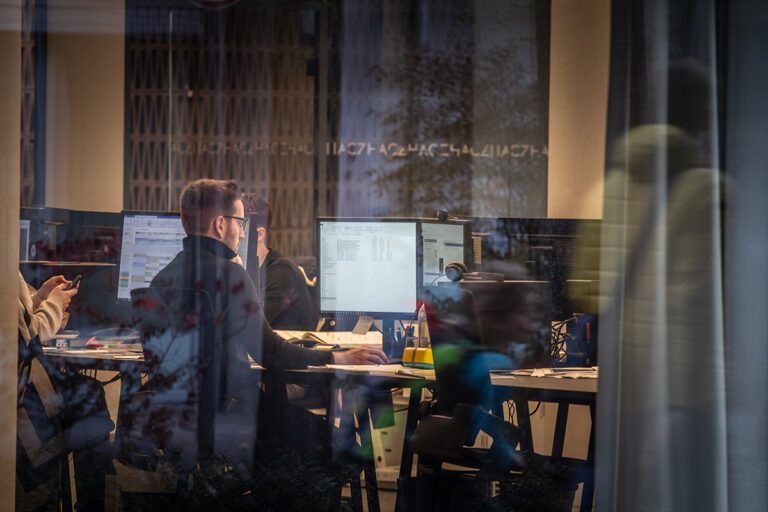As many as 86 per cent of Middle East professionals are working extra and outside their core office timings just to keep up with their workload as hiring plans remain curtailed.
Research by global recruitment consultants Robert Walters found that only 13 per cent of professionals now say they adhere to the core hours at work. Over a third (41 per cent) are starting early or finishing late every day, while 45 per cent said their hours were workload dependent.
Under a quarter of them reported working late to communicate with teams in different time zones, but the main reasons (62 per cent) professionals cited for working beyond their usual office hours were catching up on work or meeting deadlines.
Unpaid overtime mounts across Middle East
Offices in the Middle East usually start at 8 AM and finish at 6 PM. With a one-hour break for lunch, the average workweek is 37.5 hours. However, the research found that UAE professionals work an average of seven extra hours per week, the equivalent of 3.5 days of unpaid overtime per month.
Jason Grundy, Managing Director of Robert Walters Middle East, commented: “Despite rising costs affecting hiring plans, many employers still expect the same productivity and output, putting pressure on existing staff. Our research indicates that many Middle East workers are working longer hours to meet demands or connect with colleagues in different time zones.”
Many Middle East employers’ “frugal approaches” to headcounts are causing the issue to snowball. When Robert Walters asked employers how they were approaching skilled talent shortages, 27 per cent replied with redistributing the work among staff, while 32 per cent stated they were hiring less skilled professionals to help fill the gaps.
These shortcuts are clearly being felt by existing staff, with 59 per cent now describing their workload as ‘heavy’ and ‘demanding’.
“As AI tools streamline certain job roles, higher costs create less disposable income to increase salaries and sustained global volatility leaves them cautious to compete for and commit to top talent,” Grundy said.
Grundy said the move by Middle East employers towards low-cost alternatives such as offshoring certain roles or responsibilities, also adds to increased workload for the employees.
“This increased pressure around cost has seen many Middle East leaders to scope out oversees talent based in areas like Eastern Europe and South Africa,” he said. “While resulting in important cost and productivity savings, this can disrupt domestic offices, as coordinating communications for teams spread out across different time zones becomes difficult.”
Companies need to understand the serious impact that extra work hours can lead to.
“If employers continue to tolerate a culture of silent overwork within their organisations – especially in the wake of hiring freezes – they risk not only burnout and attrition but also a collapse in morale and productivity,” Grundy added.
“Addressing this means resetting expectations on working hours from the top. Not only should leaders openly acknowledge when responsibilities and remits are increased; clear protocols and expectations should be put in place to ensure staff are supported in prioritising tasks, setting expectations for deadlines and being transparent on their capacity.”








